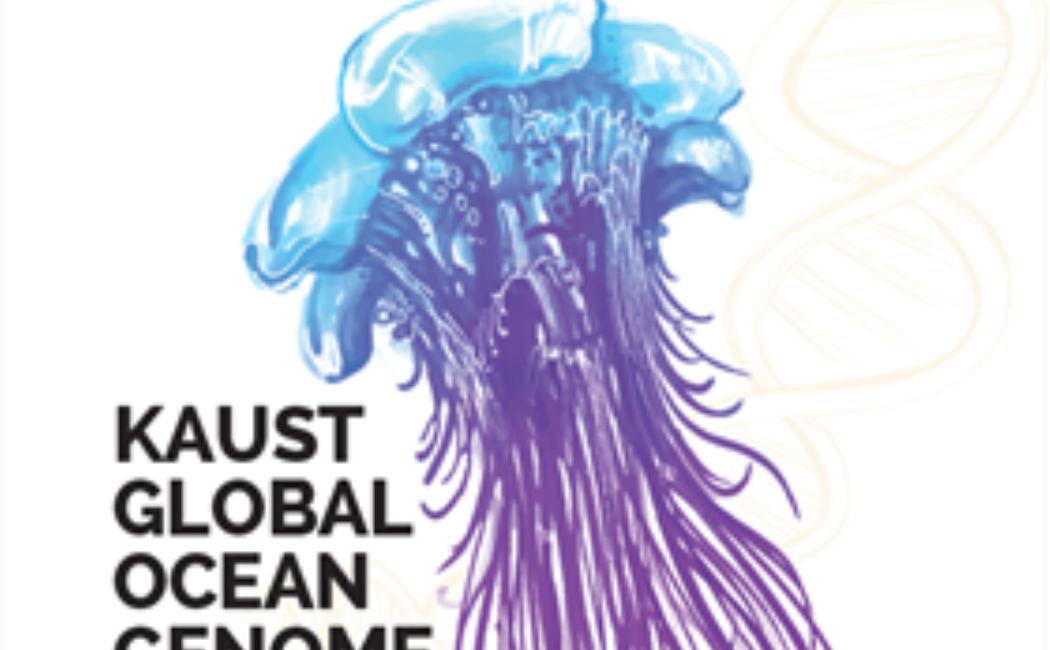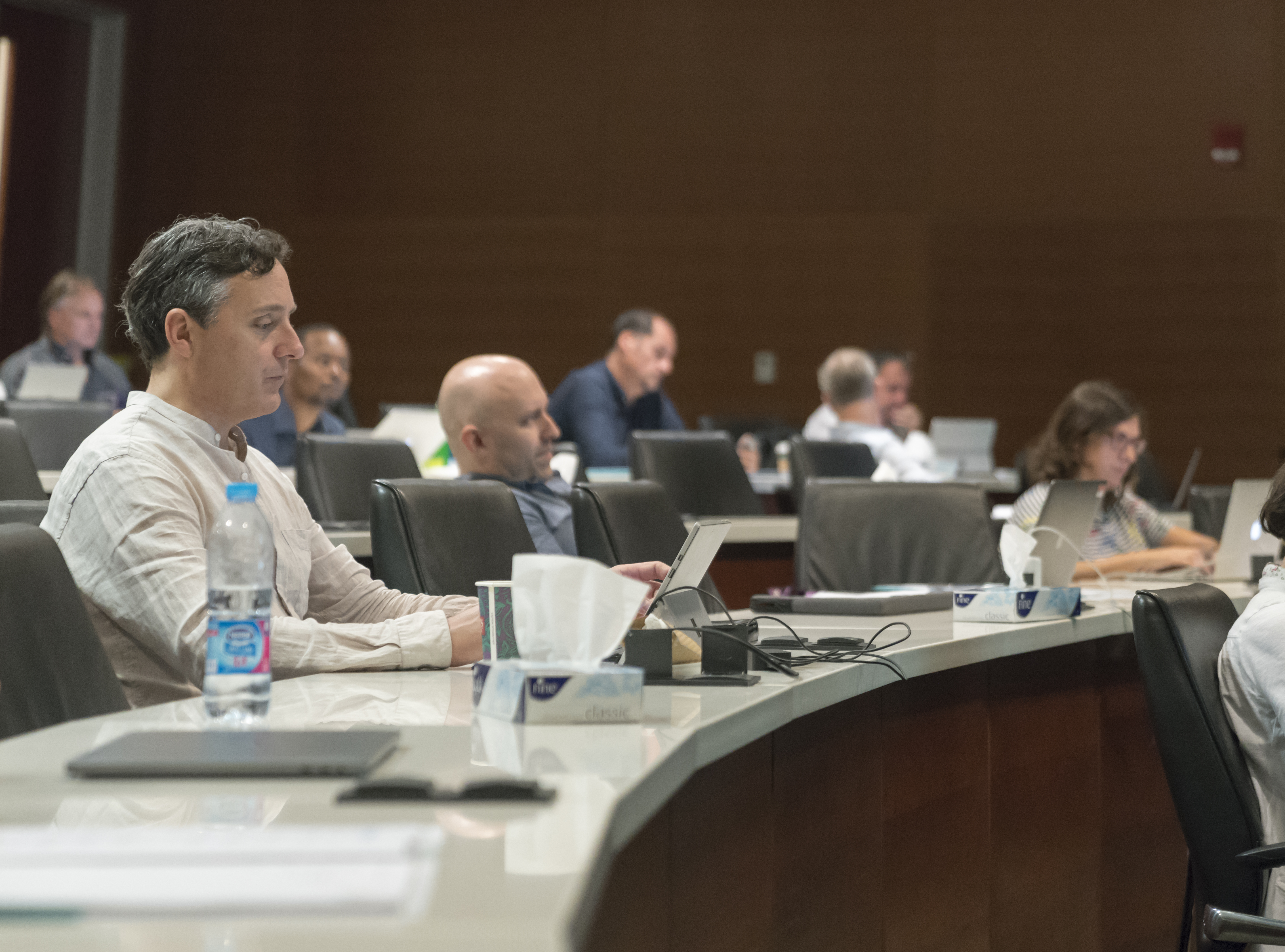


05 November, 2017
The KAUST Global Ocean Genome workshop was a major milestone in the KAUST Global Ocean Genome Project that will bring together 30 scientists from around the world as well as an estimated 20 KAUST participants, including participants from the Bio, Visualization and Supercomputer core labs, as well as a range from students to established leaders, including a balance in genders in the organizing committee and leadership, and a significant number of women among the invited faculty and students.



The ocean, with a mean depth of 3,900 m, is the largest ecosystem on Earth supporting a large abundance of microbes estimated at 1.2 x 1029 microbial cells (Whitman et al., 1998). Marine microbial communities perform a number of functions that play a critical role in the biogeochemical cycles and functioning of the Biosphere processing light, carbon, oxygen, sulfur, nitrogen, phosphorus, metals and pollutants. These functions are encoded in their DNA sequences that contain an inventory of the diversity of species and metabolic pathways present in marine microbes. Unlocking the global genome of the marine microbial ecosystem is, therefore, a major step in understanding the diversity of functions present in the ocean ecosystem.


The exploration of the global ocean genome extends beyond the description and understanding of microbial metabolic pathways and functions, as the genes encoding the proteins supporting these functions can be used in a broad range of biotechnology applications. A recent assessment calculated that over 5,000 marine genes performing a wide diversity of functions have been patented for use in a broad range of applications, including their use in pharmaceutical, cosmetic, food, and energy sectors, among others (Arrieta et al., 2010). The collective value of the genes in use in industry applications was estimated at US $2.1 billion in 2002, increasing a 9.4 % from previous year (Venugopal, 2008) while the number of patent application involving marine genes has been growing at steady rate of about 12% per year (Arrieta et al., 2010). Use of marine genes is, therefore, a growing underpinning of the Blue Economy and its rapid growth. The potential to derive applications from marine genes is so large that the journal Nature Biotechnology referred to the global ocean genome as "Blue Gold" (Sheridan, 2005).


The development of massive high-throughout genomic sequencing techniques provided a pathway to accelerate the exploration of microbial life in the ocean. This approached, pioneered by the Global Ocean Expedition (GOE), led by Craig Venter (Venter et al., 2004), was followed by two parallel global expeditions exploring ocean microbial metagenomes at the global scale, Tara Oceans, led by Eric Karsenti at EMBL (Karsenti et al. 2011), and Malaspina Circumnavigation Expedition, led by Carlos M. Duarte (Duarte 2015). Building on these underpinnings, KAUST initiated in 2015 a Global Ocean Genome project to contribute two unique capacities: novel computational approaches to assign functions to genes and unparalleled computing capacity through use of KAUST supercomputer, along with its effort to characterize genomic resources of Red Sea microbes.

